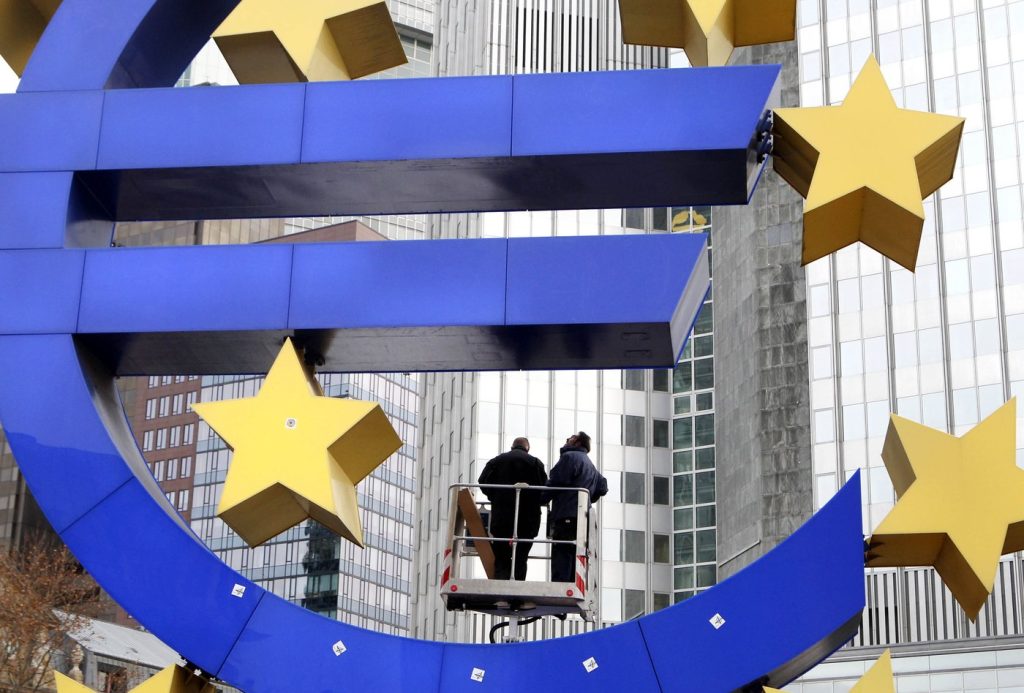FRANKFURT, Germany (AP) – Europe's economy showed minimal growth in the second quarter of 2023, with the Eurozone's gross domestic product (GDP) expanding by just 0.1% compared to the previous quarter. This insignificant growth follows a stronger-than-expected increase of 0.6% in the first quarter, a figure that was somewhat misleading due to businesses rushing to ship goods ahead of anticipated new tariffs from the United States.
According to the EU statistics agency Eurostat, the year-on-year growth rate was recorded at 1.4% for the quarter spanning April to June. The subdued performance can largely be attributed to the impact of a newly imposed 15% tariff on European goods as part of the EU-U.S. trade deal announced recently. This tariff is expected to increase costs for European exports; these costs could either be passed on to U.S. consumers or absorb into lower profit margins for European companies, resulting in challenges for the region’s economy.
The largest economy in Europe, Germany, experienced a decline in output by 0.1%. Other major economies in the Eurozone demonstrated mixed results, with Italy also reporting a 0.1% fall. France, on the other hand, saw a modest growth of 0.3%, buoyed primarily by increased auto and aircraft inventories, although domestic demand remained stagnant. Spain emerged as the only robust performer among the four largest Eurozone economies, achieving a growth rate of 0.7%.
Franziska Palmas, a senior economist at Capital Economics, indicated that the 15% U.S. tariff could deduct around 0.2% from the GDP of the Eurozone, suggesting continued weakness in economic performance through the latter part of 2023. Germany's economic landscape remains particularly challenging, with its size stagnating at pre-pandemic levels for around six years. The country's export-focused sectors are grappling with various problems, including increased competition from China, a shortage of skilled workers, rising energy prices, inadequate infrastructure investment, and cumbersome regulations.
Economist Palmas remarked that Germany is likely to be more adversely affected by these tariffs compared to other major economies. The ongoing struggle in Germany's economy may persist this year, although prospects for relief are anticipated in 2026 with an expected boost from increased government spending led by Chancellor Friedrich Merz's administration. This spending is aimed at closing the infrastructure gap and revitalizing economic growth.











